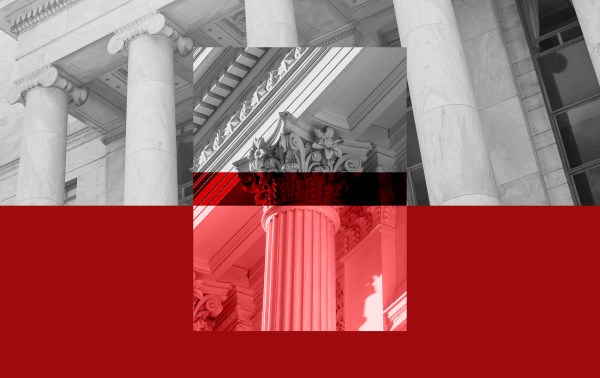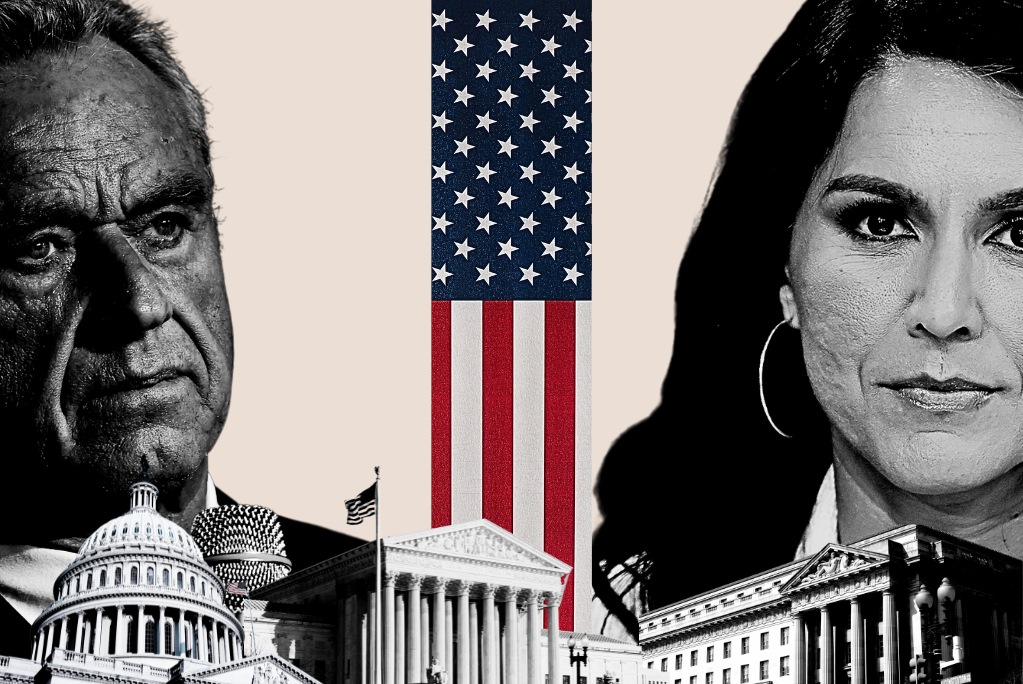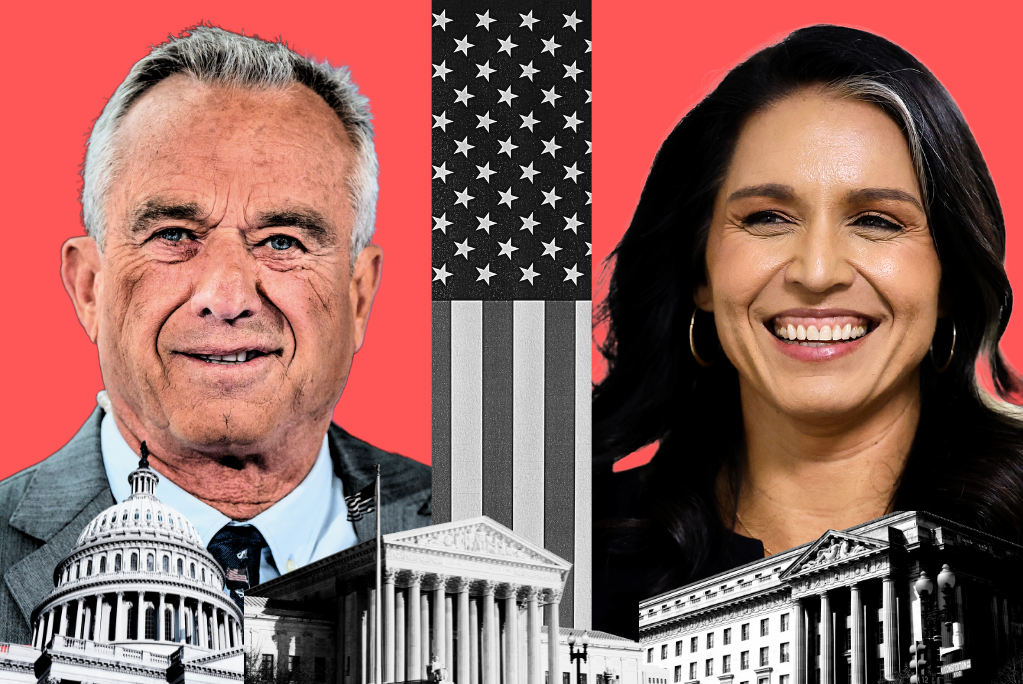If you’re tired of hearing about DEI and its associated problems, believe me, I’m even more tired of discussing it.
Since 2020, I have publicly tackled this issue from a number of angles. I have recounted my own experiences with DEI training and highlighted the ways they backfire. I have addressed how many tenets and beliefs commonly associated with DEI—such as superficial approaches to representation, race essentialism, and the idea that merit is racist—are counterproductive and intellectually bankrupt. I’ve examined the ways DEI programs in higher education compromise free speech, free inquiry, and academic freedom. I also joined and currently serve as board president for FAIR, an organization founded in part to counteract the divisive, exclusionary, and intolerant ideas that DEI programs too often promote.
Of course, I’m not alone in this endeavor. Where I differ from many others, however, is the reason for my opposition. I have criticized DEI initiatives and programs because they drastically set back efforts to address very real problems of bias, exclusion, and intolerance in our culture and institutions. In most cases, DEI exacerbates those problems wherever they exist and manifests them where they do not.
Indeed, with recent waves of equally intolerant and often draconian opposition to DEI—or anything that can be accused of remotely resembling it—we are faced with a distorted doppelgänger of those same problems. As such, my response to the zeitgeist has inverted. For the last five years, I have been commenting on the proverbial bathwater drowning the baby. Now, I find myself reminding people that the baby exists.
Angel Eduardo“In our recoiling from the excessive and counterproductive programs and efforts that have appeared under the DEI banner these last few years, we shouldn’t pretend that the issues they ostensibly sought to address don’t exist or shouldn’t be addressed intelligently.”
Ilya Shapiro“Diversity has emerged organically as laws and norms change to break down barriers based on immutable characteristics, but mandating it imperils the very merit-based colorblindness that those first pleading for civil rights sought.”
During a 2020 interview on The Breakfast Club radio show, comedian and Daily Show host Jon Stewart told a story that is emblematic of the issue we’re currently facing. “When I started on The Daily Show, [we had] pretty much an all-white staff, all white correspondents, mostly male,” he said. “People would call me out … and I would get defensive, until I had to stop and think about it.”
Stewart explained that, at the time, The Daily Show had a “blind audition” policy of removing names from their job applications, “because we thought that’s the way to not be sexist or racist.” However, he noticed, “we still just kept hiring white dudes from a certain background. And what we realized is the river we were getting the material from, the tributary … was also polluted by the same inertia.”
In other words, Stewart’s attempts at blind meritocratic hiring weren’t working because the lack of access to opportunity was a deeper problem than he realized. The pool from which The Daily Show hired applicants also lacked diversity, so not much about its personnel decisions changed.
This left Stewart and his team at a crossroads. But their response perfectly mirrored the approaches our problematic DEI programs would take. “You had to say to [recruiters], ‘Send me women. Send me black people.’ And all of a sudden, women got funny,” Stewart said. “It just kind of happened. But they had been funny all along. We just hadn’t actively done enough to mine that.”
In Stewart’s eyes, his team had finally begun to solve its problem by actively seeking individual applications based on the groups it was looking for. But, of course, this method introduces a host of other issues. For one thing, reducing people to their superficial identity characteristics in order to reach demographic quotas is dehumanizing and essentialist. Moreover, expecting equal numerical representation among groups—of any kind—in a given field or endeavor is to ignore the wide variety of human interest, talent, and skill that causes people to believe and behave in different ways. It also pits people of different groups against one another, because they are now being seen primarily as avatars for their groups instead of individual candidates assessed on their own merits. Most importantly, however, it doesn’t actually correct the problem of unequal access to opportunity because—as Stewart himself recognized—the source of that issue is much further upstream.
That’s why the DEI sales pitch was convincing to so many of those who adopted and implemented these programs: The values actually do—and should—matter to them. Diversity—actively seeking and incorporating people of varying perspectives, backgrounds, and social contexts—is a good thing. Equity—being fair and impartial, and affording people the resources and opportunities they need to succeed—is a good thing. Inclusion—not making people’s ethnic backgrounds, identity characteristics, and socioeconomic status barriers to entry—is a good thing.
So Stewart’s instincts on The Daily Show’s hiring practices were broadly correct. It is highly unlikely that their staff was “all white” and “all male” because there were simply no women or ethnic minorities who could pass muster. It’s also unlikely that only “white males” were interested in the gig. A far more plausible explanation is that there were a number of barriers preventing people from minority backgrounds from accessing, or even knowing about, the opportunity. And for those who did know about it, perhaps they didn’t feel they had a chance, or were wanted at all.
Where Stewart and his crew went wrong was in how they sought to correct the problem once they identified it. If the issue was that The Daily Show was still fishing in the wrong rivers, they should have fished in different rivers. For instance, had they tried introducing an open submissions system, free of names and other identifying characteristics, so that anyone could submit to them? Did they try promoting that open call for submissions widely, including online, and not just where they were used to doing so? Did they reconsider, for example, whether a college degree is even necessary for joining the writing staff of a comedy news show? Did they think about cultivating their own talent by instituting outreach and training programs—such as improv and writing classes—in historically underserved communities?
Stewart didn’t specify in his interview, but I’d be amazed if ideas like these were attempted. And I’d be even more surprised, if they were, that they wouldn’t yield better results.
In other words, the real way forward is to identify the upstream problem, and develop upstream solutions. That, in essence, is what an ideal DEI program can and should do in our institutions and organizations: Identify any potential barriers to entry, help our institutions correct for them, and develop systems and structures that allow talented, hard-working people to thrive.
Opposing Debate
This isn’t just the ethical thing to do; it’s also the wisest business move. Human talent and skill are assets, and the organizations that seek, invest in, cultivate, and retain them better than their competitors succeed. Unless you subscribe to the repulsive and erroneous idea that there is inherently less talent, skill, and ingenuity to mine from historically marginalized groups, you should see the benefits of finding the best people no matter where they come from.
I’m not alone in thinking this. FAIR Executive Director Monica Harris has written that, while DEI made “diversity” a dirty word, the underlying principle is also what made our nation as great as it is, for all its flaws. Harvard economist Roland Fryer has written about the ineffectiveness of modern DEI programs, but maintains there is a vital mission here worth investing in. These are important voices making a crucial point—one that the current scorched-earth antagonists of DEI should hear: We must not overcorrect the overcorrection.
The fault for the failures of most DEI programs is not in the ideals themselves, but in those who hijacked them in order to promote something that is actually antithetical to the principles it disguised itself with: a system of beliefs and practices that divide by racialization, exclude based on ideological perspective, and indoctrinate people with a radical and intolerant worldview. As I and many others have repeated for years, this is and has been a problem. But when you buy a lemon from a used car salesman, arguing that cars themselves are terrible and that we don’t actually need them is the wrong way to rectify the situation.
It is on us to respond maturely to the challenges we face as a multiethnic, modern society. In our recoiling from the excessive and counterproductive programs and efforts that have appeared under the DEI banner these last few years, we shouldn’t pretend that the issues they ostensibly sought to address don’t exist or shouldn’t be addressed intelligently. The consequence of entertaining that delusion is as obvious as it is inevitable: a compounding of an already unbearable tribal tit-for-tat, and an exhausted majority in the middle who, sadly, sees no way forward.





Please note that we at The Dispatch hold ourselves, our work, and our commenters to a higher standard than other places on the internet. We welcome comments that foster genuine debate or discussion—including comments critical of us or our work—but responses that include ad hominem attacks on fellow Dispatch members or are intended to stoke fear and anger may be moderated.
With your membership, you only have the ability to comment on The Morning Dispatch articles. Consider upgrading to join the conversation everywhere.